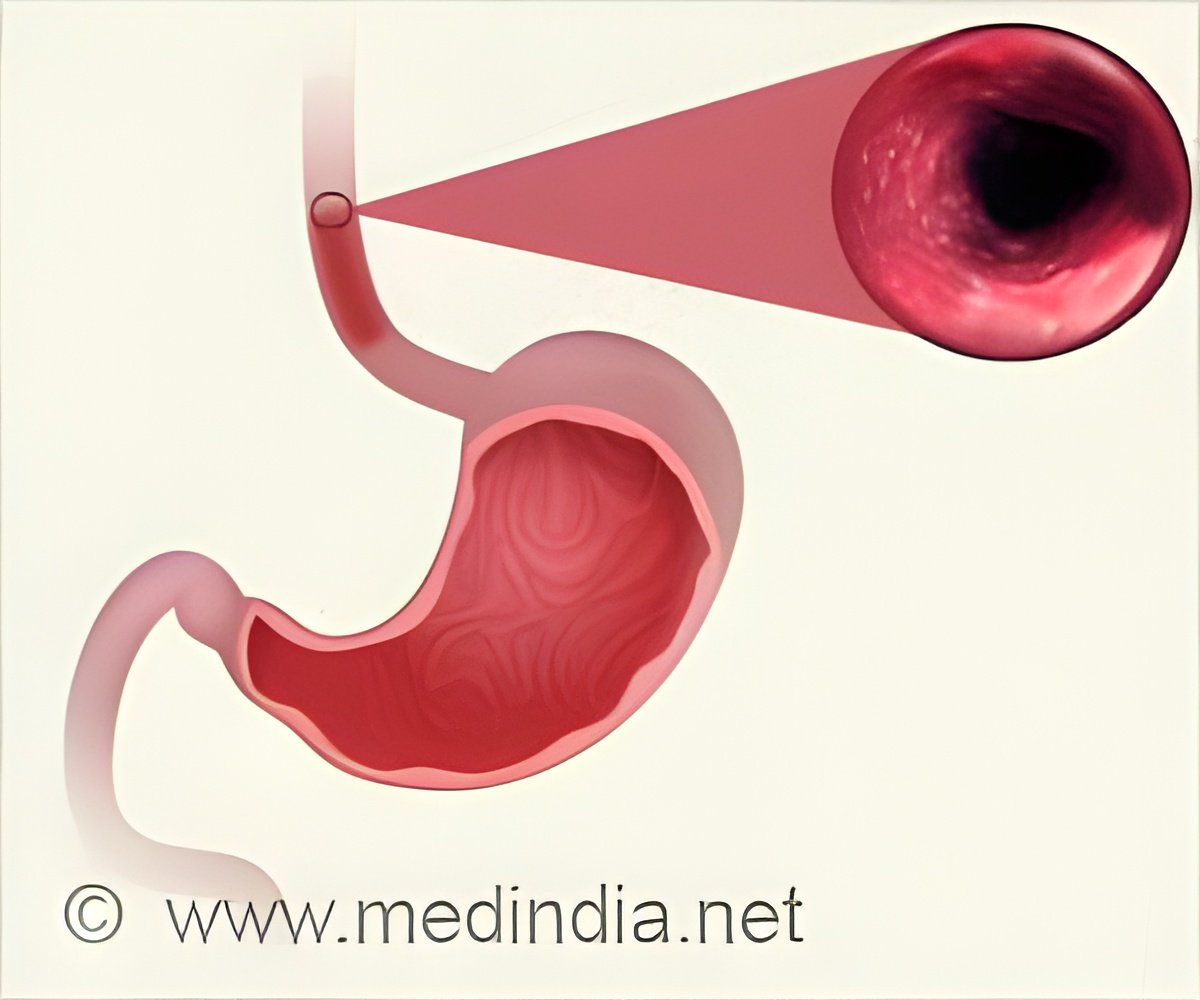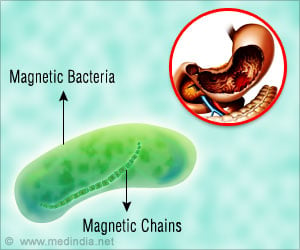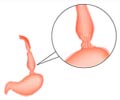New 3D printed stents developed by researchers deliver breakthrough treatment for esophageal cancer.

‘World-first 3D printed esophageal stents developed by the researchers could revolutionize chemotherapy drugs delivery to provide more accurate, effective and personalized treatment for esophageal cancer patients. ’





Their unique composition allows them to deliver up to 110 days of a sustained anti-cancer medication directly to the cancer site, restricting further tumor growth. Importantly, the capabilities of 3D printing enabling rapid creation of individually tailored stents with patient-specific geometries and drug dosages.
PhD scholar, UniSA's Paris Fouladian, says the new esophageal stents could be a gamechanger for treating esophageal cancer.
"Esophageal cancer is often challenging to treat, with early diagnosis critical for positive outcomes," Fouladian says.
"The most prominent symptom is dysphagia (difficulty swallowing food or drink) which is due to malignant cancer cells blocking the esophagus.
Advertisement
"Our new drug-loaded esophageal stents can help prevent further blockages by administering anti-cancer drugs directly to the tumor, limiting further growth while relieving the pressure of dysphagia."
Advertisement
Esophageal cancer is the seventh most common cancer in the world, and the sixth highest cause of cancer deaths worldwide. Unless diagnosed early, prognosis remains poor with a five-year survival rate of around 20 per cent.
Senior researcher and Director of UniSA's Pharmaceutical Innovation and Development Group, Professor Sanjay Garg, says the new technology is a significant breakthrough in modern drug delivery.
"3D printing processes that combine medicines and medical devices are on the precipice of changing the way we deliver medicines," Prof Garg says.
"We're now exploring the potential of 3D printing to design precise and individualized drug delivery systems.
"While more research is needed to further test the new drug-loaded 3D printed stents, we're hopeful that this new technology will deliver positive outcomes for people with esophageal cancer."
Source-Eurekalert









